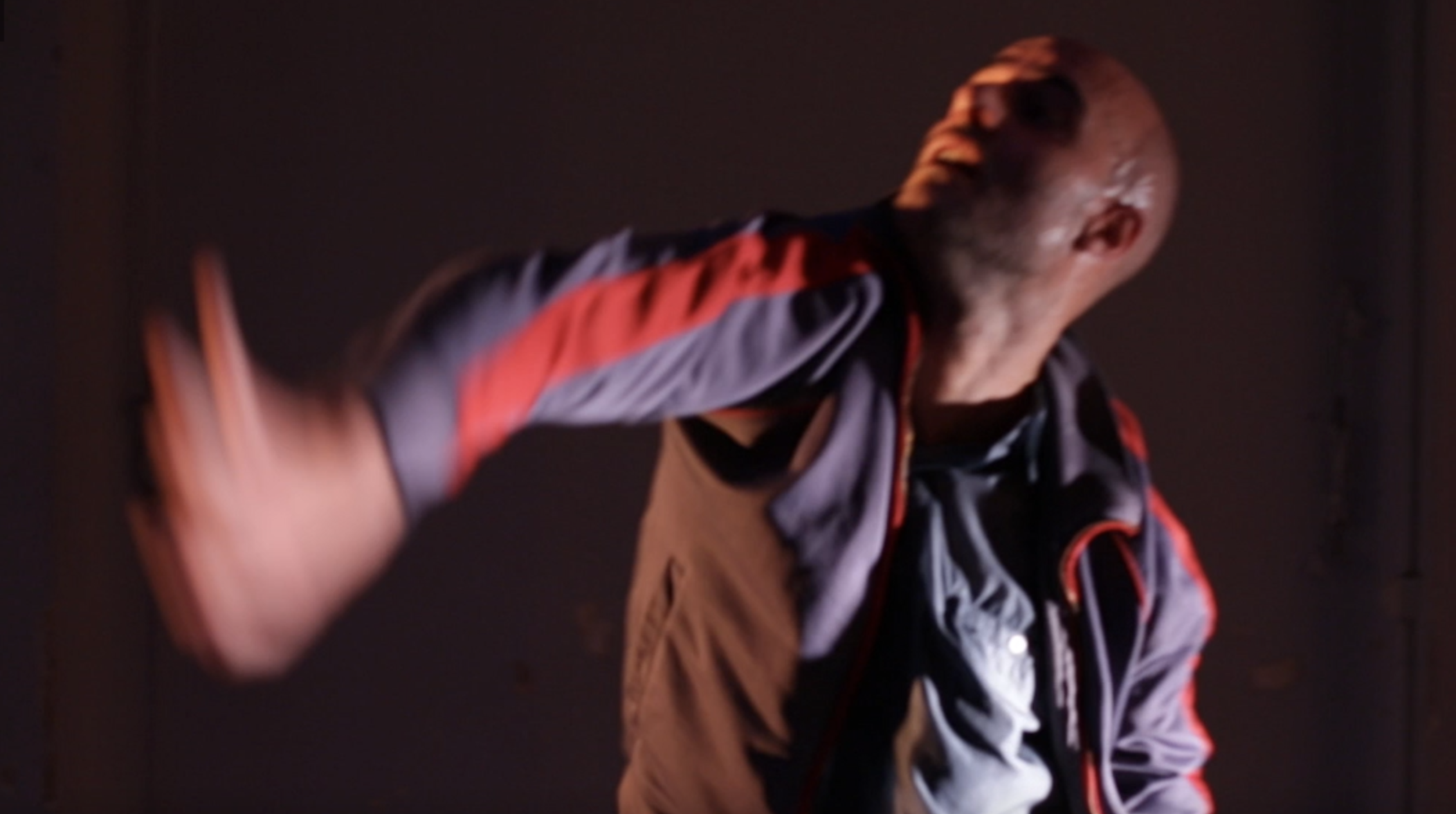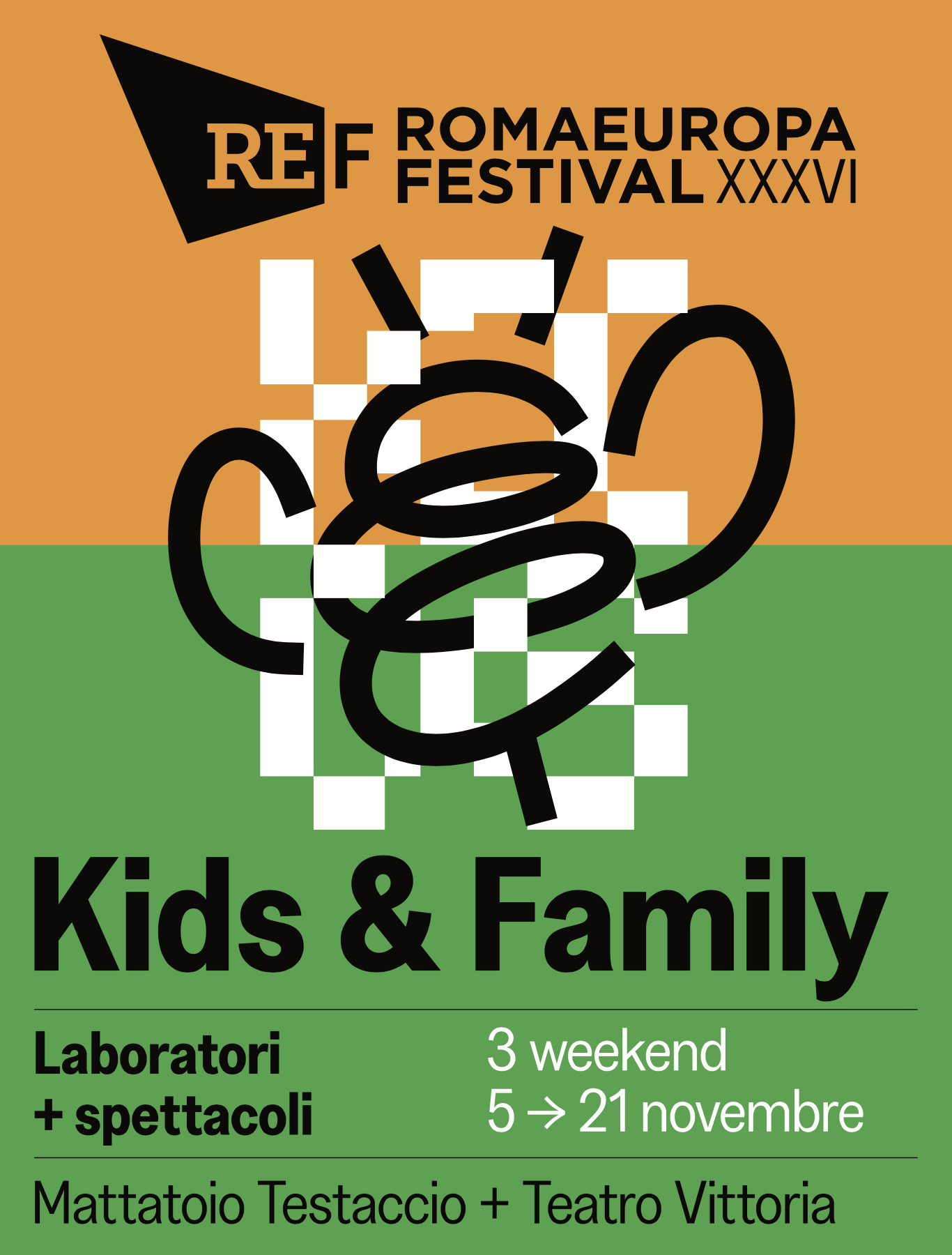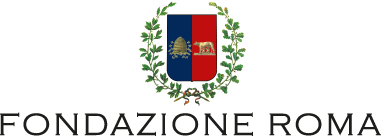ITA/ENG
Novembre. Per addentrarci nell’ottava settimana del REf ci attrezziamo per scoprire nuovi formati, nuovi dispositivi di visione e condivisione capaci di invitarci a guardare il mondo da altre prospettive e con altri tempi.
Risponde all’immobilità improvvisa vissuta durante le giornate di quarantena il nuovo assolo del coreografo e danzatore spagnolo Jesus Rubio Gamo che torna al REf dopo il suo travolgente Gran Bolero (2019) per la prima nazionale di El Hermoso misterio que nos une, il 3 e il 4 novembre al Teatro Vascello: un assolo, su musica di Bach, volto ad esplorare e ricordare il potere dell’arte e la sua bellezza. Un nuovo omaggio alla mobilità del corpo e del pensiero, al fluire delle idee e delle nostre domande, alle epifanie quotidiane che, come in una danza si rivelano nell’immaginazione e nell’espressività umane.
Il formato del gioco appartiene a Manifesto Cannibale, nuova produzione della compagnia CollettivO CineticO in scena in prima nazionale dal 6 e il 7 novembre al Teatro Vascello. Imitare le piante, imparare da loro nuove forme di esistenza e sussistenza, rallentare, essere come foglie sotto la luce del sole, applicare processi di fotosintesi al proprio respiro e al proprio movimento, trasformare la velocità che fagocita le nostre giornate in una nuova forma di immobilità . Sembrano questi i principi che muovono la compagnia. «Volevo sintetizzare la ricerca sul mondo vegetale in un eserciziario per un teatro che non rappresenta né racconta. Un teatro che si fa esso stesso, nella sua globalità , paradigma di una complessità ecologica, politica, ontologica dei corpi», racconta Francesca Pennini per l’occasione presenza fantasma ai margini della scena. Ecco allora uno spettacolo diviso in tre parti tra apparizioni improvvise, secrezioni di Schubert e una sfida all’immobilità accompagnata dalle musiche scelte dagli spettatori in una playlist per la fine del mondo (puoi partecipale alla selezione musicale qui).
Appuntamento con la danza italiana anche al Teatro Biblioteca Quarticciolo il 4 e il 5 novembre con Davide Valrosso/NINA e il suo Cinque danze per il futuro: un organismo scenico in cui si ibrida danza e concerto. Cinque quadri, cinque proposte coreografiche per il futuro.
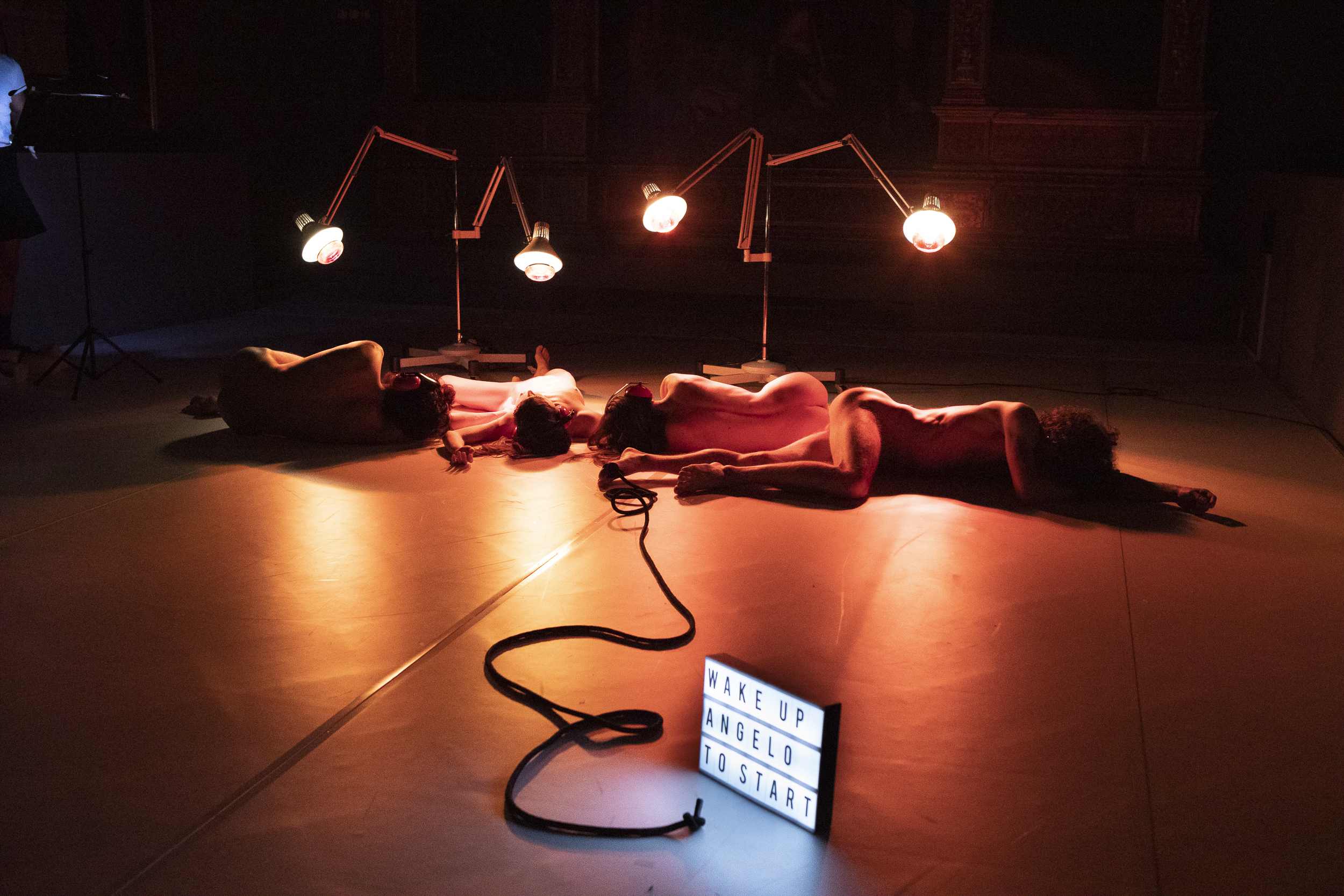
A proposito di nuovi formati, a partire da giovedì 5 novembre il Romaeuropa Festival è felice di tornare a presentare la sezione REf Kids & Family, il festival nel festival dedicato alle bambine, ai bambini e alle loro famiglie. Una selezione di spettacoli internazionali e di laboratori dedicati ad un pubblico dai 6 anni in su che nello spirito del festival esplorano i linguaggi della creazione contemporanea internazionale dedicata al mondo dell’infanzia. Ad aprire la nuova edizione della rassegna al Mattatoio, Biancaneve di Teatro del Carretto, meraviglioso classico della produzione teatrale per l’infanzia e con la sua artigianalità e i suoi giochi scenici una pagina della storia del teatro italiano.
Sempre al Mattatoio sabato 6 e domenica 7 la Compagnia quattrox4 porta in scena Gretel tra circo contemporaneo, danza e manipolazione di oggetti scenici mentre Fabrizio Rosselli presenta Bakèkè tra mimo, nuovo circo e sogno. Ad accompagnare la programmazione degli spettacoli il ricco calendario di appuntamenti con i laboratori di Internazionale Kids (per diventare giornalisti, scoprire altre culture e storie, imparare a costruire aeroplani o a scrivere in giapponese), di Legambiente con un focus sulla biodiversità , sul riciclo creativo e sul verde urbano attraverso i lab manuali e di Apelettura per un viaggio narrativo attraverso storie, avventure e racconti sul nostro meraviglioso pianeta.
Continuano intanto le repliche de La conferenza degli assenti di Rimini Protokoll fino al 4 novembre al Mattatoio. Uno spettacolo, realizzato in collaborazione con il Goethe Institut, che convoglia studiosi internazionali per un meeting sui temi contraddittori della globalizzazione e del nostro presente ma nel quale i relatori sono assenti. Ad interpretarli saranno infatti le spettatrici e gli spettatori o meglio i cittadini e le cittadine della cittĂ in cui lo spettacolo si svolge.
ENG
November. To delve into the eighth week of the REf, we gear up to discover new formats, new visions and sharing devices capable of inviting us to look at the world from other perspectives and with different paces.
The sudden immobility experienced during the days of quarantine responds to the new solo by Spanish choreographer and dancer Jesus Rubio Gamo who returns to the REf after his overwhelming Gran Bolero (2019) for the national premiere of El Hermoso misterio que nos une, on the 3rd and 4th of November at Teatro Vascello: a solo, on the music by Johann Sebastian Bach, aimed at exploring and remembering the power of art and its beauty. A new tribute to the mobility of body and thought, to the flow of ideas and of our questions, to the daily epiphanies that, as in a dance, reveal themselves in human imagination and expression.
The game format belongs to Manifesto Cannibale, a new production by CollettivO CineticO staged as a national premiere the 6th and 7th of November at Teatro Vascello. Imitating plants, learning new forms of existence and subsistence from them, slowing down, being like leaves under the sunlight, applying photosynthesis processes to one’s breath and movement, transforming the speed that engulfs our days into a new form of immobility. These seem to be the principles that move the company. «I wanted to synthesize the research on the plant world in an exercise book for a theater that neither represents nor tells. A theater that makes itself, in its entirety, a paradigm of an ecological, political, ontological complexity of bodies» Here is then a show divided into three parts between sudden appearances, Schubert’s secretions and a challenge to stillness accompanied by the music chosen by the spectators in a playlist for the end of the world (you can participate in the music selection here).
There will be one more appointment with Italian dance at Teatro Biblioteca Quarticciolo on the 4th and 5th of November with Davide Valrosso / NINA and his Cinque danze per il futuro: a stage organism in which dance and concert are hybridized. Five paintings, five choreographic proposals for the future.
Speaking of new formats, starting from Thursday November 5th the Romaeuropa Festival is happy to present the REf Kids & Family section, the festival within the festival dedicated to girls, boys and their families. A selection of international shows and workshops dedicated to an audience of 6+ year-olds that, in the spirit of the festival, explore the languages of contemporary international creation dedicated to the world of childhood. Opening the new edition of the review at the Mattatoio, Biancaneve by Teatro del Carretto, a wonderful classic of theatrical production for children and ,with its craftsmanship and its scenic games, a page of the history of Italian theater. Also at the Mattatoio on Saturday 6th and Sunday 7th, the quattrox4 company brings Gretel to the stage between contemporary circus, dance and manipulation of props while Fabrizio Rosselli presents Bakèkè between mime, new circus and dreams. Along with the programming of the shows, the rich calendar of appointments with workshops by Internazionale Kids (to become journalists, discover other cultures and stories, learn how to build airplanes or write in Japanese), Legambiente with a focus on biodiversity, creative recycling and on urban green through manual labs, and Apelettura labs for a narrative journey through stories, adventures and tales about our wonderful planet.
Meanwhile, the reharsal of Rimini Protokoll’s The Conference of Absents continue until 4 November at Mattatoio. Created in collaboration with Goethe Institut, the show brings together international scholars for a meeting on the contradictory themes of globalization and our present. But the speakers of the conference are absent. In fact, they will be interpreted by the spectators or rather the citizens of the city where the show takes place.


